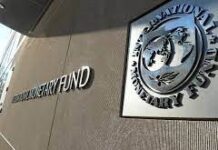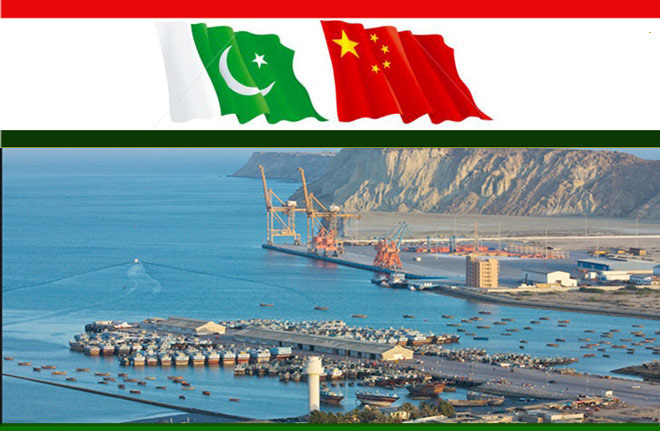LAHORE: Caretaker Federal Minister for Information, Broadcasting, National History and Literary Heritage Barrister Syed Ali Zafar Sunday said that the China-Pakistan Economic Corridor (CPEC) is a golden opportunity for the upcoming government to tackle the future challenges of the economy.
Speaking at a discussion on ‘Opportunities And Challenges After Elections’, organised by the Human Rights Society of Pakistan, he suggested that the upcoming government should evolve a policy while keeping in view the economy at a macro level, instead of micro level.
“No doubt population, exports and minimisation of imports will also be a challenge for the next government,” he added.
He said that a major challenge was terrorism and the war against terrorism was still going on in the country. The interim government was working as per its constitutional mandate and taking decisions of urgent nature only for the sake of the country.
Replying to a question, the minister said there were some lacunas in the National Accountability Bureau (NAB) laws, which should be rectified. However, it should not be abolished as there was no other law in the country to curb corruption. “Some recommendations have been given for its improvement,” he added.
To another question, he said the Election Commission of Pakistan (ECP) had the authority to restrain banned organisations from participating in the election and it had exercised its powers in that regard as well. However, he added, no party could be banned without sold proofs.
Shedding light on the caretaker government’s mandate, he said that it was not going to make any long-term policy or sign an agreement with the International Monetary Fund (IMF), binding the upcoming elected government to adhere to it. Any talks with the IMF would be non-binding as the caretaker government did not have the mandate to make long-term agreements with the international donors, he added.
The interim government, however, had the mandate under the law to take urgent decisions, which were indispensable to protect the country from any sort of crisis, he said.
The minister said the Financial Action Task Force (FATF) had included Pakistan in the grey list in February 2018, with a warning to blacklist it if FATF’s objections were not removed till June. Pakistan had removed most of the objections till June and the caretaker government took an urgent decision to give only a political commitment to the FATF regarding removal of the remaining ones, including legislation to curb terror financing, check money-laundering and corruption, which were also in favour of the country.
The government made that commitment just to save the country from being blacklisted, he added.
Commenting on the increase in dollar rate, Barrister Ali Zafar said normally market forces played a role in that regard. There were two methods to control the rate of the dollar, either let the market forces decide its fate, or start withdrawing the currency from foreign reserves to artificially control the rupee devaluation. The second method, which affected the country’s exports, had been in practice for the last four to five years and had reduced the foreign reserves by up to 40 per cent. The caretaker government had stopped the practice to save the foreign reserves, he added.
The minister said a frequent question asked was about the merger of Federally Administered Tribal Areas (FATA) with Khyber Pakhtunkhwa. About five years were required for infrastructural development, putting in place proper administration and provision of other civic amenities there. Since people of FATA had yet to get facilities at par with the residents of other regions, therefore, the federal government had exempted them from taxes, he added.

























